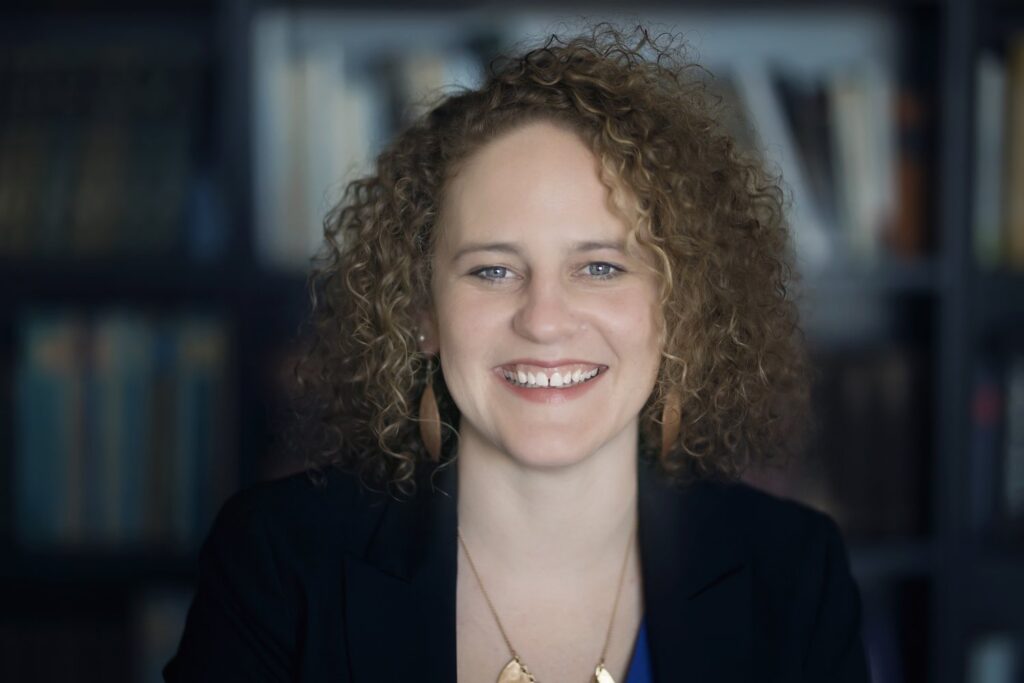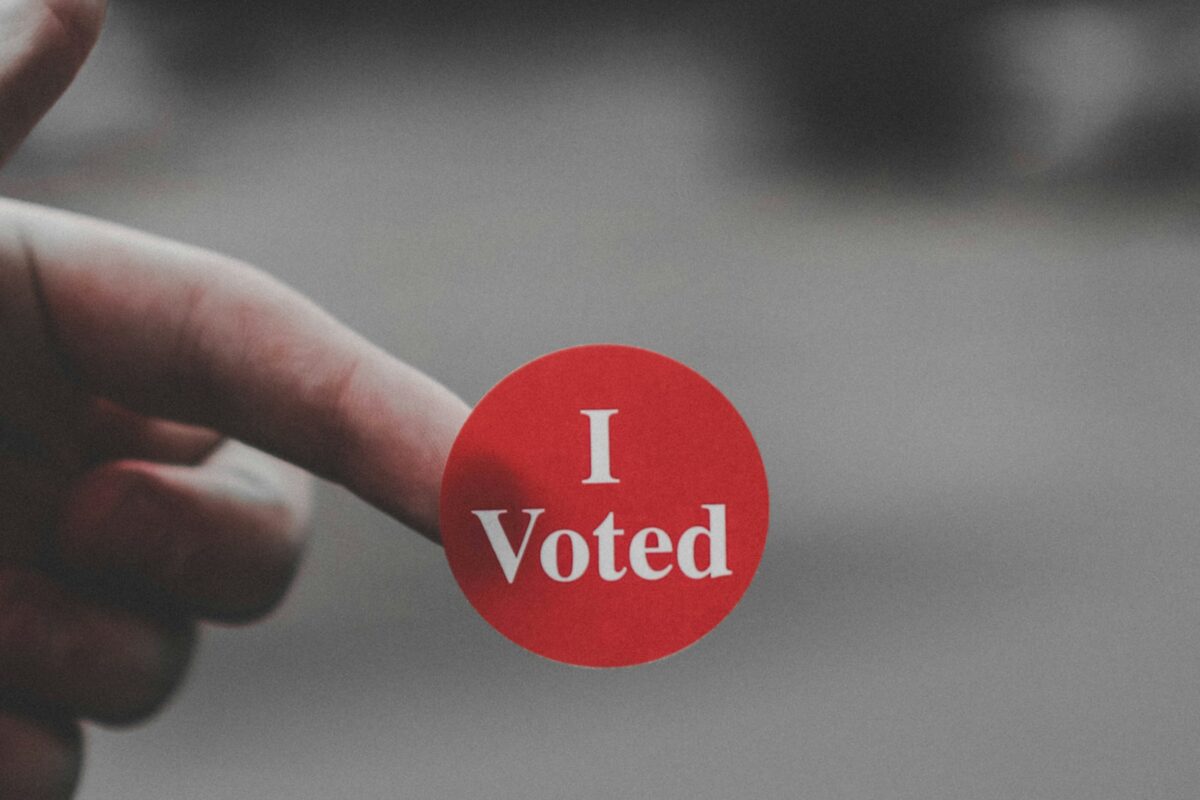Political scientist Hannah Walker explores how to bring the formerly incarcerated back into political participation
“I am one of five children born to teenage parents. We grew up in housing projects and, eventually, my choices led me to be incarcerated for over thirty years — to become known as N.J. State prisoner 210675. I write to you to share a bit of my story to help you understand the power your voice has in the communal chorus of your community.”
This testimony, from recently registered voter Ron Pierce, was the centerpiece of a mailer sent out to newly re- enfranchised New Jersey residents after legislation passed in 2019 expanded the right to vote to people with criminal convictions. The mailer’s goal was to mobilize new voters, of course, but also to test a research-informed theory about what kinds of messages are most likely to engage the formerly incarcerated.
“Punitive policy does have the effect of communicating to its targets — in this case formerly incarcerated individuals and their communities — that they are second-class citizens,” writes Hannah Walker. “However, it does not follow that individuals surrender a desire to create change or the belief that it is possible.”
Walker, an associate professor of government at UT Austin and director of research for the Initiative for Law, Societies, and Justice, studies the complex ways that formerly incarcerated people engage in politics. Many of her findings, detailed in her 2020 book, Mobilized by Injustice: Criminal Justice Contact, Political Participation, and Race, run counter to the conventional wisdom.

In particular, Walker has pushed back against the narrative that people who’ve served time in jail and prison (or on probation) tend to simply withdraw from politics. Some do. For many people, however, incarceration can motivate political involvement, especially if the personal experience of incarceration is connected to a collective sense of systemic injustice. Mobilized by Injustice focuses primarily on non-voting political behavior, including involvement in the nationwide campaigns to restore voting rights to the formerly incarcerated. These campaigns ultimately led to the re-enfranchisement of some 1.5 million people with felony convictions between the 2016 and 2022 elections.
“Those hard-won rights-restoration campaigns were not driven by politicians, lawyers, or academics,” said Walker. “Justice-impacted individuals like Pierce were the linchpin of the movement’s success.”
The term “justice-impacted” is one Walker uses throughout her research to describe both people who have had direct contact with the criminal legal system and the community surrounding them. Those with what she calls “proximal contact” — i.e., family, friends, and neighbors — often have a similar series of reactions to those who are directly impacted. Their trust in the system is eroded, but they can also experience the same charge of collective identity and the same motivation to political action.
Walker’s insights, drawn from ethnographic research, extensive qualitative interviews, and big data analysis of voting, political attitudes, and criminal legal involvement, are what led to Ron Pierce’s testimony on that mailer.
In collaboration with the New Jersey Institute for Social Justice (NJISJ), Walker and her research team devised a field experiment featuring two mailers. A basic informational mailer supplied information about how to register and vote alongside a registration form. The research-informed mailer used a trusted messenger approach, with Ron Pierce as that messenger.
In the letter, Pierce invites people to read about his journey to incarceration and his belief in the value of his vote. He also deliberately frames voting as a collective act.
In the November 2021 election cycle, the research-informed mailer effectively increased voter registration by .5 percentage points, relative to the more basic mailer, and increased voter turnout by .6 percentage points. These results are significant and will inform the backbone of future turnout endeavors. The mailers also inspired many people to write responses directly back to Ron Pierce.
Walker details one letter from the sister of a man who was incarcerated on a felony conviction and recently released. “She was helping him to navigate the re-entry process,” Walker says, “and she wrote the research team a letter that said, ’I thought he couldn’t vote. I kept checking, thinking, “Is he eligible to vote? Is he eligible to vote?”’”
“The New Jersey government website made it seem as if the brother could not vote, initially,” said Walker. “But then the sister received the letter and checked once more and told us, ‘I got your letter and I checked again. And now he’s registered to vote.’”
The letter, says Walker, is evidence of the many challenges faced by justice-impacted people as they try to re-enter the civic lives of their communities. There are complex bureaucracies to navigate, penalties to pay in housing and employment, friendships and family relationships to repair, and almost always a scarcity of financial and social capital. None of this means, however, that they’re lost to democratic citizenship, or that we should give up on them.
“The hope is not that they will impact elections, necessarily,” says Walker. “The hope is that they will become active members of the electorate, that they will have the opportunity to express their political voice on policies that govern their lives. This is really about democracy and what is good for democracy. And in a democracy, more participation is better.”
